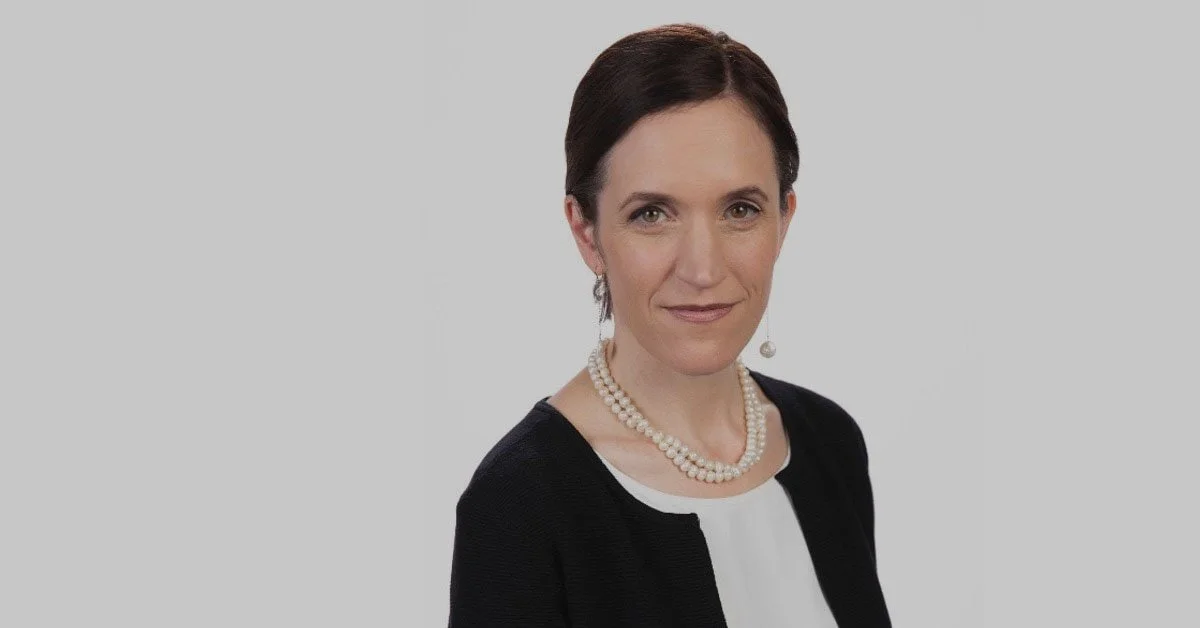Inflation expected to hold steady as consumer spending stays strong: RBC
Canada’s annual inflation rate is expected to remain unchanged at 1.9% in July, holding steady from June, according to RBC Economics.
RBC economists say the stable headline number masks underlying price pressures that continue to run at the upper end of the Bank of Canada’s target range. “Firm underlying inflation is likely connected to resilient Canadian consumer spending,” said Nathan Janzen, Assistant Chief Economist at RBC, in a note co-authored with Senior Economist Claire Fan.
The economists note that the removal of the federal consumer carbon tax in most provinces in April is still “artificially lowering headline inflation,” while other factors are pushing prices higher. “Underlying trends have surprised upward this year, partly due to tariff impacts on products like food and vehicles, but also from higher prices for domestic services,” the report said.
Gasoline prices fell 0.7% month-over-month in July and were down 15% compared to a year earlier. But food costs — affected by Canada’s retaliatory tariffs—were likely “about 3% above last year,” according to the economists. Prices excluding food and energy are projected to have risen 2.7% from a year earlier, edging up from June’s 2.6%.
The Bank of Canada’s preferred core inflation measures, CPI-trim and CPI-median, are expected to hold near 3% year-over-year,at the top of the BoC’s 1% to 3% target range. “The three-month rolling average growth should improve as a large increase in April falls out of that shorter time horizon calculation,” the RBC report noted.
Consumer spending has remained strong despite higher borrowing costs. RBC’s internal data suggests the momentum continued into July. “Our RBC card transaction tracking indicates continued strength,” Janzen and Fan wrote, adding that annual growth in CPI trim services excluding shelter was “just above the target range in June.”
With inflation still high and the labour market showing “limited further deterioration,” RBC expects the central bank to leave interest rates unchanged. “Additional fiscal stimulus will offset tariff impacts, and inflation is running at the upper limit of the central bank’s target range,” the economists said.




